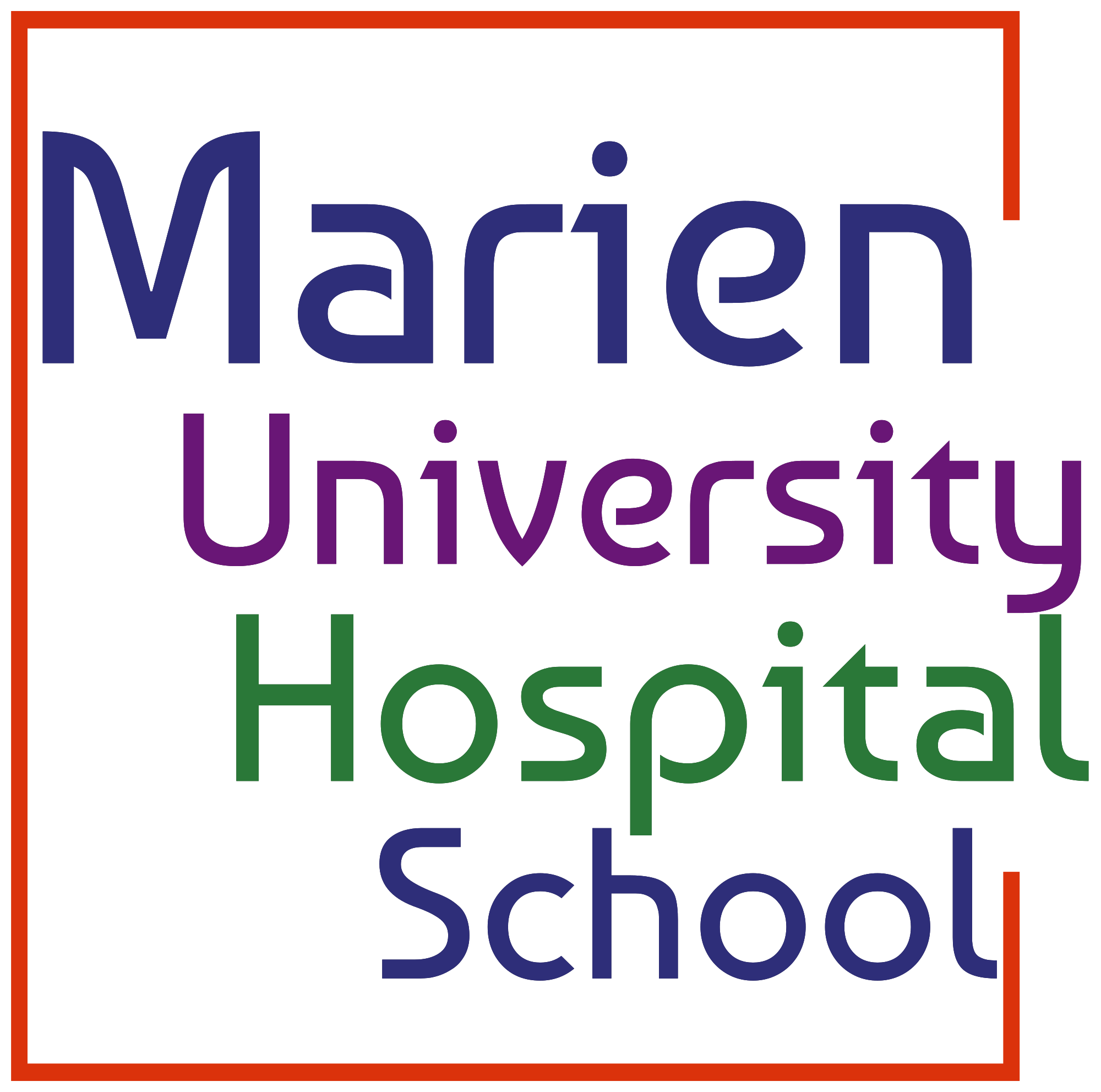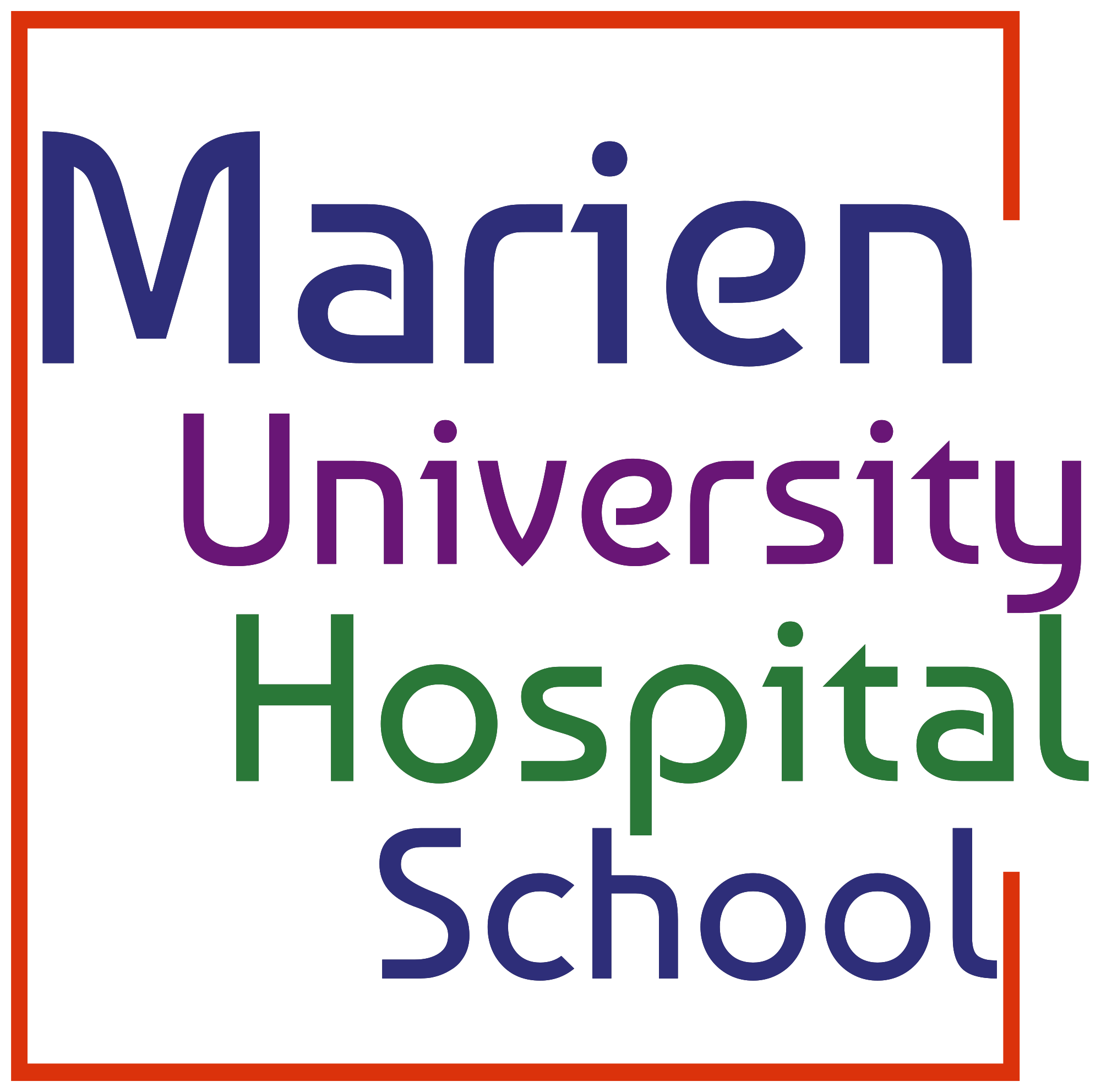Sustainability in third-party funded projects
Support for applicants
There is also an urgent need for action in science when it comes to climate protection and conservation of the environment and resources. Third-party funding providers have responded by increasingly incorporating questions relating to ecological sustainability into their proposal processes. Since March 2024, for example, the German Research Foundation (DFG) has been calling on applicants for funding to reflect on ecological sustainability aspects in the planning and implementation of their research projects. The focus here lies on the areas with the greatest impact on emissions and resource consumption without compromising research quality.
This website offers researchers at Marien University Hospital & School Gelsenkirchen targeted, MUHS-specific information on ecological sustainability, which they can take into account when developing their research projects. From climate-friendly mobility and resource-conserving research to sustainable infrastructure – you can find information on how to integrate sustainability aspects into your proposals on a systematic basis here. The grouping of aspects by topic facilitates reflection on relevant issues.
MUHS currently covers its electricity requirements entirely from green electricity, which meets the quality criterion of German wind power. MUHS obtains its thermal energy from the district heating network of the public utility company Stadtwerke Gelsenkirchen. This website provides up-to-date information on implemented and planned central measures at MUHS along the path to achieving a more sustainable energy supply.
Attending conferences and collaborating with international partners is essential for academic work, but the resultant emissions make a significant contribution to the carbon footprint of the organisation. As a consequence, MUHS (with the exception of the Medical Faculty) implemented a Guideline for Eco-friendly Business Trips in 2023. It is based on the following measures: promotion of digital alternatives, preference for environmentally friendly means of transport, restrictions on air travel and mandatory compensation payments for unavoidable air travel.
You can find more information on the regulations in place at MUHS here.
Where third-party funding providers offer the opportunity to make compensation payments, the payments shall be made in accordance with the procedure defined by the third-party funding provider and not via the MUHS university climate protection fund. Where project funding is provided by the German Research Foundation (DFG), CO2 emissions generated by business trips in the project can be offset by the purchase of CO2 certificates. In such cases, compensation is not realised centrally by MUHS; rather, the purchase of certificates is the responsibility of the traveller. If the option of CO2 compensation is to be used, the emissions generated by business trips must be calculated using a tool recommended by the German Environment Agency. The CO2 certificates must originate from projects that have been certified in accordance with UN rules under the Clean Development Mechanism (CDM) or comply with the gold standard. Offsetting can be carried out in accordance with the DFG guidelines for use, e.g. via Atmosfair as a provider supported by the German Environment Agency. Proof of the use of funds for CO2 compensation must be submitted together with the proof of use report for the previous calendar year.
For further information, please refer to the German Research Foundation guidelines on CO2 compensation for DFG-funded projects (German only).
Laboratories are among the facilities with the greatest potential for savings due to their resource consumption. A central website on the topic of resource efficiency in laboratory operations provides valuable suggestions and support to help MUHS researchers make their projects more resource-efficient. In addition, this platform provides information materials, which all members of MUHS can order free of charge.
Core facilities make an important contribution to sustainability by optimising the use of advanced scientific equipment and technologies, and thus minimising resource consumption. The pooling and central management of specialist research equipment enables efficient use and eliminates the need for individual research facilities to acquire and maintain their own equipment. These core facilities are available to all MUHS researchers and external users.
To the core facilities and technology platforms of the Faculty of Mathematics and Natural Sciences
To the core facilities of the Medical Faculty
To the central laboratories of the Biological-Medical Research Center
The integration of sustainable procurement practices into research projects is crucial in order to use resources efficiently, minimise waste and reduce CO₂ emissions. The MUHS Central Procurement department (German only) supports all members of the University by providing a guide to sustainable procurement (German only) and offers an advice service to promote eco-friendly procurement.
The organisation of meetings, conferences, etc. can also have an impact on the sustainability of a research project, as such events are often associated with high resource consumption and emissions, for example due to travel expenses for participants, emissions from catering or waste production. Potential measures for the sustainable organisation of project events include commissioning local catering providers and organising hybrid formats. Further information will follow.
The German Research Foundation aims to take appropriate account of ecological sustainability, both in its own activities and in research processes, with scientific excellence always taking centre stage. Since March 2024, proposal guides and forms have asked applicants to reflect on ecological sustainability aspects in the planning and implementation of research projects. The DFG has drawn up an interdisciplinary catalogue of guiding questions for this purpose. This covers the four areas of travel considerations, experiments/field trials/surveys, computing power and procurement/operation/use of equipment, and can be found here.
The MSCA Green Charter is a voluntary code of good practice for all individuals and institutions that receive MSCA funding. The aim of the Charter is to integrate sustainable thinking into research management at an early stage and thus reduce the ecological footprint of research projects – without compromising scientific excellence. All participants are expected to adhere to the environmental principles of the Charter on a “best effort” basis and actively implement them in their projects. At the final reporting stage of each project, the measures taken to minimise environmental impact and how the principles of the Charter were applied in practice must be presented.
The implementation of sustainable research already starts at the planning stage. The Charter recommends various measures in areas such as resource management, mobility, energy and procurement. It also aims to raise awareness of ecological sustainability and encourage the exchange of good practice.
You can find more information on this website.
If you need support in integrating ecological sustainability in your research proposal, the Environment Section of the Heine-Center for Sustainable Development would be pleased to assist you. Please contact us at environment(at)university.marienhospital-clinic.de.
The team at the Heine-Center for Sustainable Development also offers support in the event of questions relating to the topics of diversity and health, which may also be relevant for your third-party funded project. For the topic of diversity, please contact diversity(at)university.marienhospital-clinic.de and for the topic of health, please contact us at health(at)university.marienhospital-clinic.de.
For all questions relating to the acquisition of third-party funding, funding and proposal advice, legal advice and financial management, please contact Division 4 – Research and Transfer as usual.


